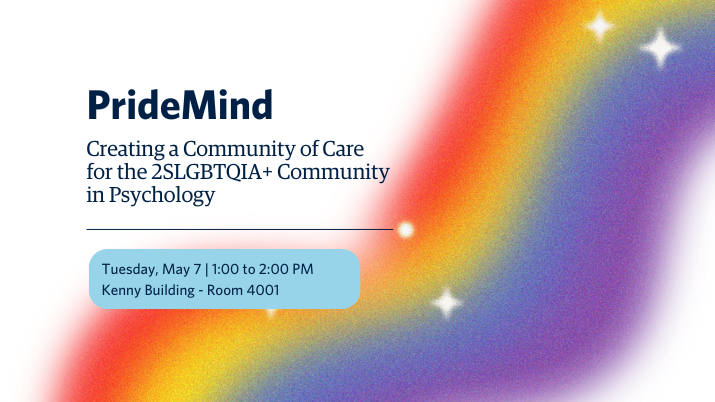Title: Learning language, fast and slow: How to overcome sparse data, signal degradation, and confusing speakers in the first 5 years
Abstract: Traditional approaches to language development focus on relationships between aggregate inputs (e.g., total words heard) and outcomes (e.g., vocabulary size) under the assumption that what parents say is what children learn. However, this ignores an obvious fact about acquisition: Children initially have no idea what parents are talking about. Instead, they must infer linguistic representations through iterative encounters with sentences. My research investigates how children interpret sentences on a real-time basis when they know a little about their language and when they have more expertise. To understand experience effects, it is helpful to examine comprehension across diverse populations and tasks. The work I’ll be talking about investigates what acoustic cues do listeners exploit when speech signals vary (study 1: cochlear-implant users), how revising mispredictions varies with input quantity/quality (study 2: children from different SES backgrounds), and how linguistic processing interacts with social reasoning about speakers (study 3: interpreting irony). From there, I will sketch out a model of chronometric and ontogenetic processes, and discuss its implications for how children recreate language from input and how early abilities affect later academic performance.


